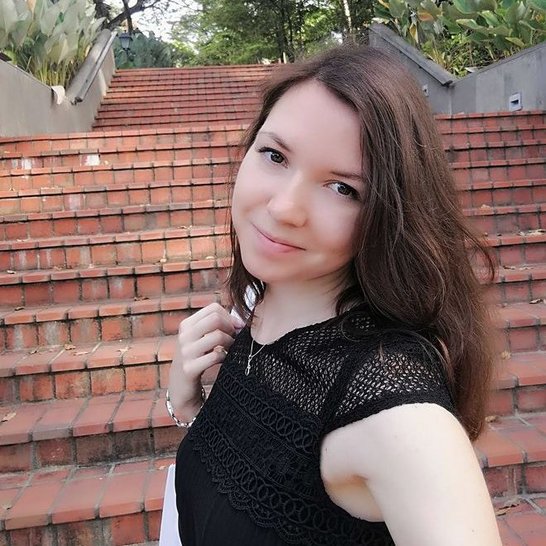Olha Tikhonova, Portugal

- Current employment: PhD student at Lisbon School of Architecture
- Scholarship: Scholarship of the Scholarship Foundation of the Republic of Austria
- Duration: 01/2018–04/2018
- Motto: "Success is no accident. It is hard work, perseverance, learning, studying, sacrifice and most of all, love of what you are doing." – Pelé
Curriculum Vitae
Olha Tikhonova is a PhD student at Lisbon School of Architecture in the field of restoration and rehabilitation of architectural complexes. Her work is concentrated on typological studies of castles. She has been already awarded several scholarships:
- 09/2014-07/2017: Research fellowship in Lisbon. INFINITY project, funded by the Erasmus Mundus Programme.
- July 2016: Research Fellowship Training in Warsaw, sponsored by East European Summer School.
- 01/2018-04/2018: Research fellowship at Technische Universität Wien, Fakultät für Raumplanung und Architektur, financed by the Scholarship Foundation of the Republic of Austria.
Olha is a contributor researcher at the Research Centre for Architecture, Urbanism and Design (CIAUD) and a member of the Design & Computation Group at FA/ULisboa. As a member of the last, under the supervision of Prof. José Nuno Beirão, she completed a project on urban morphology analysis of two fortified cities Elvas in Portugal and Lviv in Ukraine. During the research stay in Austria, Olha created a database of some of the remained bastion castles in the historical region of Galicia, using 3D Modelling software, developed by Prof. Georg Suter from TU Wien. It is part of the bigger ongoing project, and this database will increase with time in the framework of cooperation with Prof. Georg Suter.
Reflection
I have done my research fellowship at the Centre of Geometry and Computational Design in TU Wien. In the perfect research environment, among other colleagues from my field, I was able to improve knowledge in the field of my study, namely in space syntax theory and morphological analysis of historical monuments using a computer program. I had access to the Space Modeller software that was developed at TU Wien. Using manuals on the software, help of colleagues at the office, and regular meetings with my supervisor, who is a developer of the Space Modeller application, I was able to learn how to use it. During my stay, I had already done an analysis of several case studies using Space Modeller, and I have got the first results, which will be used, in my thesis work. This experience is invaluable, and I couldn't have gained it anywhere else. In addition, I learnt the basics of the German language, which is very important for me, as my research topic requires work with historical documentation in archives, which are mainly written in Polish and German. Finally, during my stay, I was able to visit some cities in Austria and absorb the spirit of the country, its heritage and history. I'm infinitely grateful to the OeAD for this opportunity!
